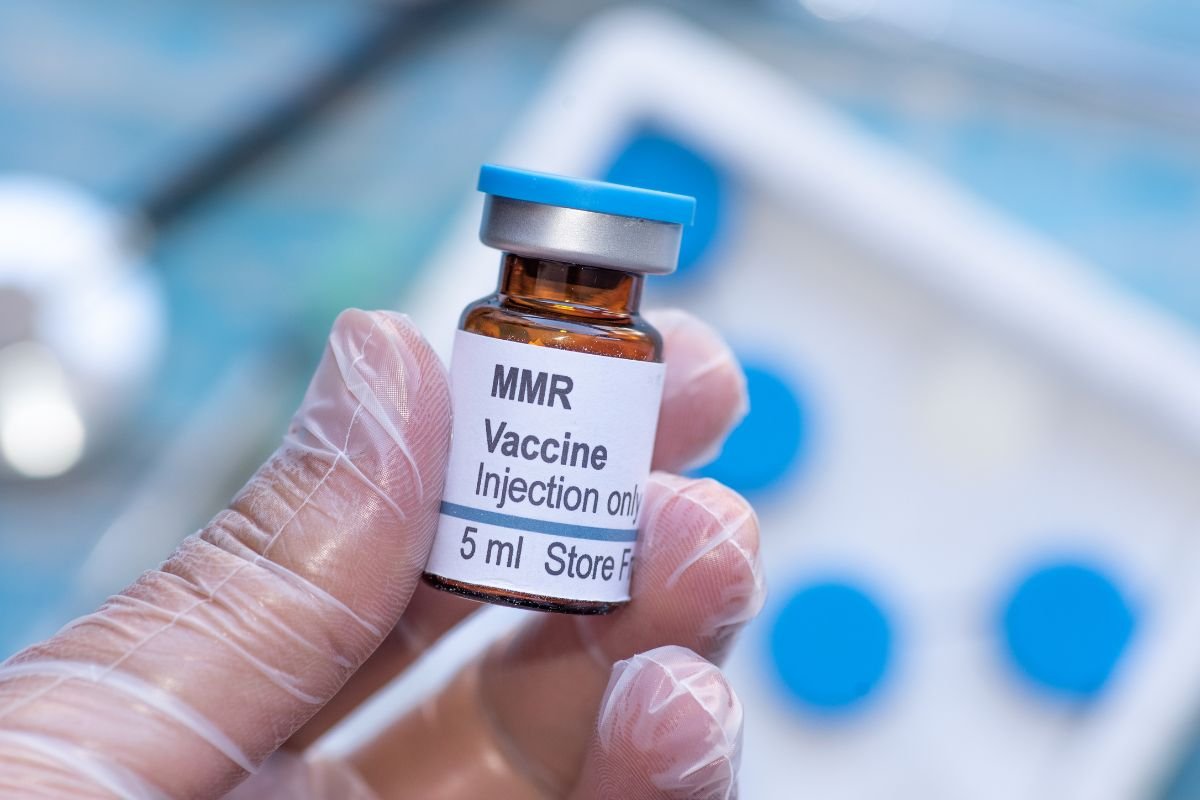Ensuring that children receive the necessary vaccinations is crucial for their health and well-being. Immunizations protect against a variety of infectious diseases that can have serious, sometimes life-threatening consequences. In this comprehensive guide, we will delve into the importance of childhood immunization schedules, detail the recommended vaccines, and provide tips for parents to stay on track with their child’s vaccination schedule.
Why Childhood Immunization is Important?
Childhood immunizations are vital for several reasons:
- Protection against Diseases: Vaccines protect children from various serious diseases such as measles, mumps, rubella, polio, hepatitis, and more. These diseases can cause severe health issues and even death.
- Herd Immunity: When a significant portion of the population is vaccinated, it helps protect those who cannot be vaccinated, such as newborns and individuals with certain medical conditions. This concept, known as herd immunity, prevents outbreaks and the spread of infectious diseases.
- Prevention of Complications: Vaccines not only prevent the initial illness but also the long-term complications that can arise from these diseases. For example, measles can lead to encephalitis and permanent brain damage, while polio can cause lifelong paralysis.
- Global Health: Vaccination contributes to the global eradication of diseases. Smallpox, for example, has been eradicated worldwide due to successful vaccination campaigns.
Understanding the Childhood Immunization Schedule
The immunization schedule is a series of vaccines given at specific times throughout a child’s life, starting from birth. This schedule is designed to protect children when they are most vulnerable and before they are exposed to potentially life-threatening diseases.
Here is an overview of the recommended childhood immunization schedule, according to the Centers for Disease Control and Prevention (CDC):
Birth to 6 Months
- Hepatitis B (HepB): The first dose is given at birth, the second dose at 1-2 months, and the third dose at 6-18 months.
- Rotavirus (RV): Given in 2 or 3 doses depending on the brand of the vaccine at 2 months, 4 months, and possibly 6 months.
- Diphtheria, Tetanus, and Acellular Pertussis (DTaP): Given in 5 doses, with the first three doses at 2 months, 4 months, and 6 months.
- Haemophilus Influenzae Type B (Hib): Given in 3 or 4 doses depending on the brand, at 2 months, 4 months, and possibly 6 months.
- Pneumococcal Conjugate (PCV13): Given in 4 doses at 2 months, 4 months, 6 months, and 12-15 months.
- Inactivated Poliovirus (IPV): Given in 4 doses at 2 months, 4 months, 6-18 months, and 4-6 years.
6 Months to 18 Months

- Influenza: Annual vaccination starting at 6 months. Children 6 months through 8 years getting vaccinated for the first time need two doses.
- Measles, Mumps, and Rubella (MMR): First dose at 12-15 months and the second dose at 4-6 years.
- Varicella (VAR): First dose at 12-15 months and the second dose at 4-6 years.
- Hepatitis A (HepA): Given as 2 doses at least 6 months apart, starting at 12 months.
4 to 6 Years
- DTaP: Fifth dose at 4-6 years.
- IPV: Fourth dose at 4-6 years.
- MMR: Second dose at 4-6 years.
- Varicella: Second dose at 4-6 years.
11 to 12 Years
- Tetanus, Diphtheria, and Acellular Pertussis (Tdap): One dose at 11-12 years.
- Human Papillomavirus (HPV): Given in 2 or 3 doses depending on the age at initial vaccination. The first dose at 11-12 years.
- Meningococcal Conjugate (MenACWY): First dose at 11-12 years and a booster at 16 years.
16 to 18 Years
- MenACWY: Booster dose at 16 years.
- Meningococcal B (MenB): Given in 2 or 3 doses depending on the brand, typically starting at 16-18 years.
Tips for Childhood Immunization Schedule
Staying on track with your child’s immunization schedule can be challenging but is essential for their health. Here are some tips to help you manage:

- Keep a Record: Maintain an up-to-date record of your child’s vaccinations. Most pediatricians provide a vaccination card, and there are also apps available that can help you keep track.
- Set Reminders: Use calendar reminders or smartphone alerts to keep track of upcoming vaccinations.
- Regular Check-Ups: Schedule regular check-ups with your pediatrician, who can help ensure your child stays on track with their vaccinations.
- Educate Yourself: Understand the importance and timing of each vaccine. Knowing the reasons behind the schedule can help you prioritize keeping up with it.
- Communicate with Your Pediatrician: If you have any concerns or questions about vaccines, don’t hesitate to discuss them with your child’s doctor. They can provide valuable information and reassurance.
Addressing Common Concerns about Vaccination
It’s natural for parents to have concerns about vaccinations. Here are some common questions and their answers:
Are Vaccines Safe?
Vaccines are rigorously tested for safety and efficacy before they are approved for use. The benefits of vaccines far outweigh the risks, and serious side effects are extremely rare.
Can Vaccines Overwhelm a Child’s Immune System?
Children are exposed to countless antigens daily. The number of antigens in vaccines is minuscule compared to what they encounter in their environment. Vaccines are designed to strengthen the immune system, not overwhelm it.
What about Vaccine Side Effects?
Most vaccine side effects are mild, such as a sore arm or a low-grade fever. Severe side effects are rare and are closely monitored by health authorities.
Why So Many Vaccines?
Each vaccine is designed to protect against specific diseases. The immunization schedule is carefully planned to ensure maximum protection at the most appropriate times in a child’s development.
Is There a Link Between Vaccines and Autism?
Extensive research has found no link between vaccines and autism. The original study that suggested a connection has been thoroughly discredited and retracted.
The Global Impact of Vaccination

Vaccination has had a profound impact on global health. Here are a few examples:
- Eradication of Smallpox: Smallpox was declared eradicated in 1980, thanks to a global vaccination campaign.
- Reduction in Polio Cases: Polio has been reduced by 99% worldwide, with efforts continuing to eradicate it.
- Control of Measles: Measles deaths have decreased significantly due to widespread vaccination, although outbreaks still occur in areas with low vaccination rates.
Conclusion
Following the recommended childhood immunization schedule is one of the most important things parents can do to protect their children from serious diseases. Vaccines are safe, effective, and critical for public health. By keeping up with vaccinations, parents not only safeguard their own children but also contribute to the health and safety of their communities.
For more information on childhood immunization schedules, parents should consult their pediatrician and refer to trusted health organizations like the CDC and the World Health Organization (WHO). Staying informed and proactive about vaccinations is key to ensuring the health and well-being of future generations.










